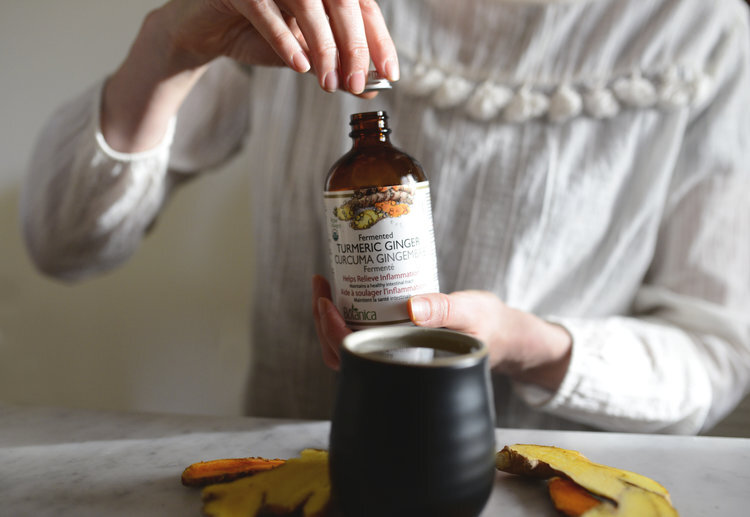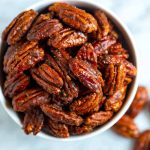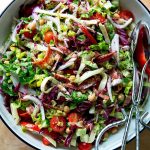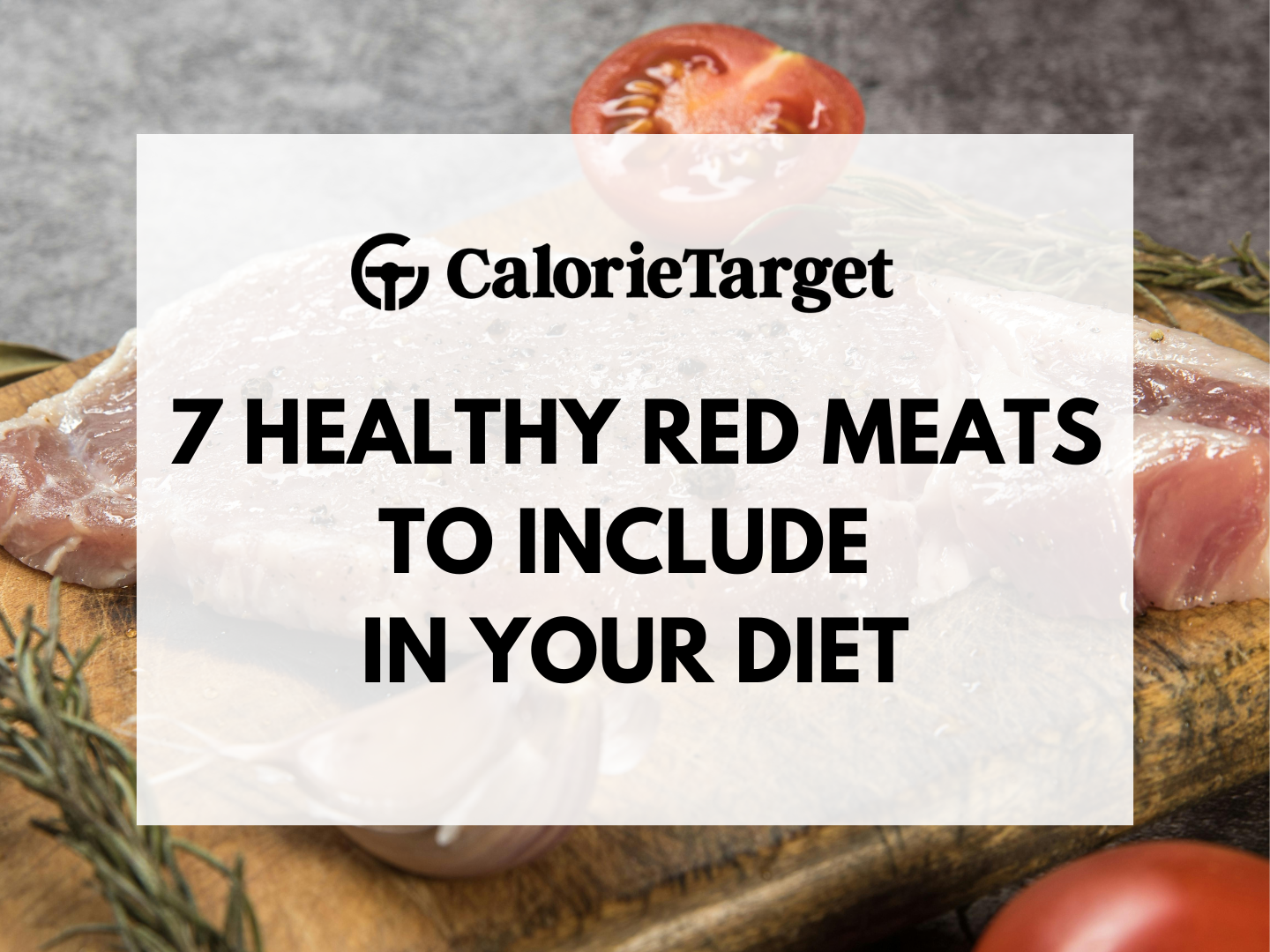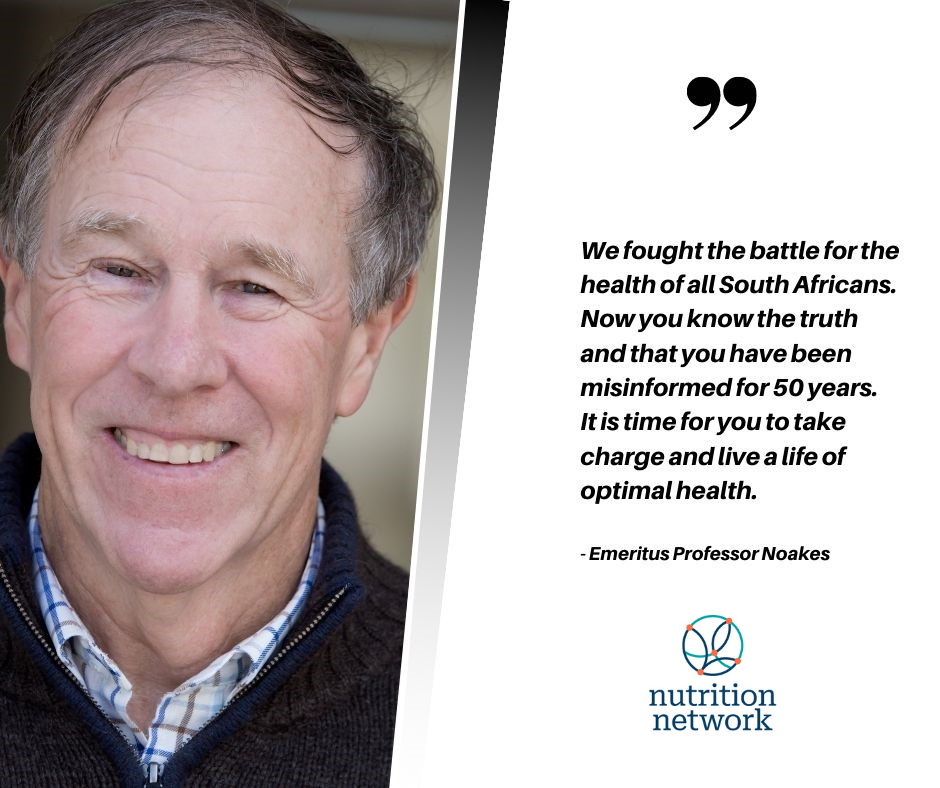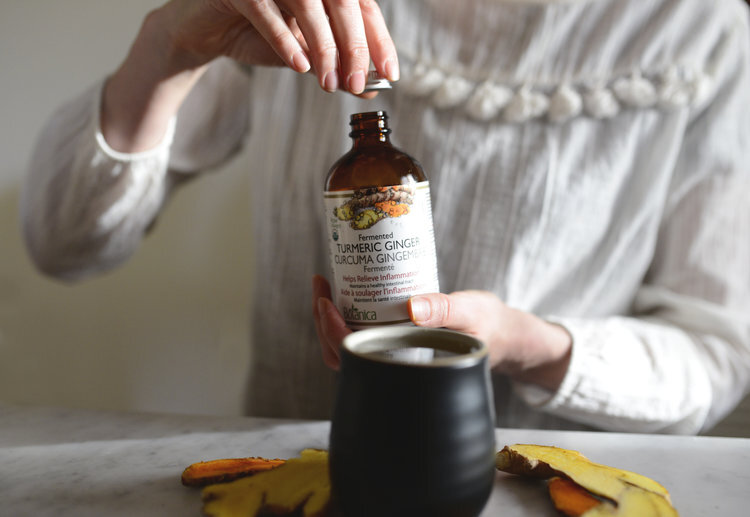
The female reproductive system has an unparalleled capacity to resolve inflammation. Just think about the extensive regeneration that occurs throughout the menstrual cycle. This bodily system possesses a remarkable ability to clear tissue debris and quickly re-establish normal function. Normal acute inflammation is actually a required component for cellular repair during ovulation, menstruation, implantation, and birth. However excess inflammation is known to be the root cause of a variety of imbalances in the body. You may have never considered it but many women are affected by excess inflammation without even knowing, and it can have a serious impact on your fertility. Several reproductive disorders are accompanied by chronic inflammation, which can significantly reduce your ability to conceive and maintain a healthy pregnancy.Reproductive conditions associated with chronic inflammation include:endometriosispolycystic ovarian syndrome (PCOS)pelvic inflammatory diseaseuterine fibroids and ovarian cystsadenomyosis and asherman’s syndromeearly menopause (premature ovarian failure)poor sperm and egg qualityTaking measures to reduce excess inflammation could be a crucial component of increasing your fertility. In 1870, Rodulph Virchow, a German physician known as “the father of modern pathology, stated that inflammation is associated with ‘functio laes’a’ or loss of function. Along with increased difficulty conceiving, inflammatory reproductive conditions can cause complications with menstruation such as painful periods (dysmenorrhea), excessively heavy periods (menorrhagia), or bleeding between periods (menometrorrhagia).Even when not accompanied by a reproductive disorder, chronic inflammation can disrupt ovulation, the proper balance of hormones in your body, and endometrial receptivity (otherwise known as implantation). From my post Pineapple For Conception & Brazil Nuts For Implantation.“A healthy egg, healthy sperm and balanced hormones are all necessary for a successful pregnancy, but equally important is the condition and “receptivity” of the uterus. Recognized as the seed/soil relationship, a fertilized egg must embed itself into the wall of the uterus for implantation, but chronic uterine inflammation is a known cause of implantation failure and early loss.”How to increase fertility by reducing inflammationConsume anti-inflammatory foodsInclude colorful veggies, dark leafy greens, blueberries, pineapple, celery, beets, cruciferous vegetables, wild salmon and oily fish, coconut oil, fermented vegetables and probiotic foods.Add turmeric & gingerTurmeric and ginger are exceptional at supporting anti-inflammatory pathways in the body. Turmeric contains an active compound called curcumin, which has been shown to inhibit pro-inflammatory enzymes. Ginger contains anti-inflammatory active compounds such as shogaol, paradol and zingerone. As well as being a well-known digestive aid, ginger possesses the ability to ease menstrual pain, reducing both the duration and intensity of pain. Add these freshly grated roots to your meals, soups, smoothies, or steep them to make an anti-inflammatory tea.
How to Increase Your Fertility by Reducing Inflammation — Oh Baby
